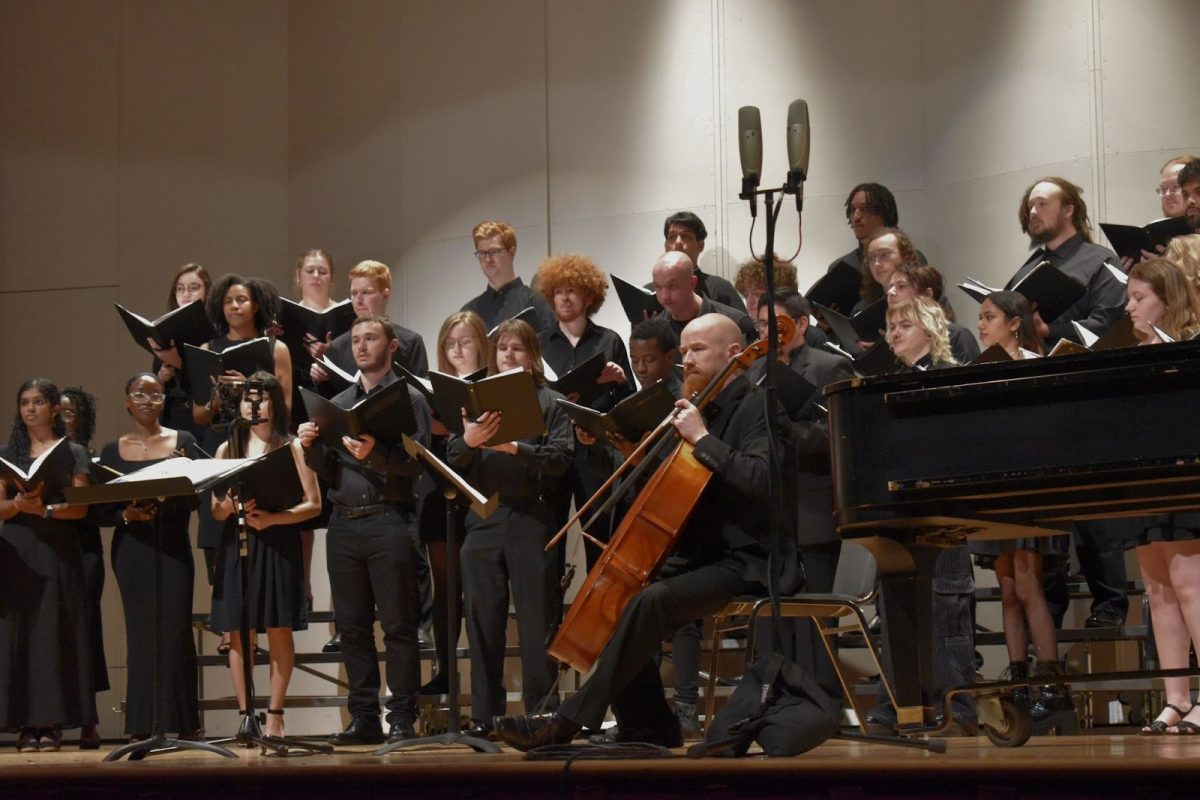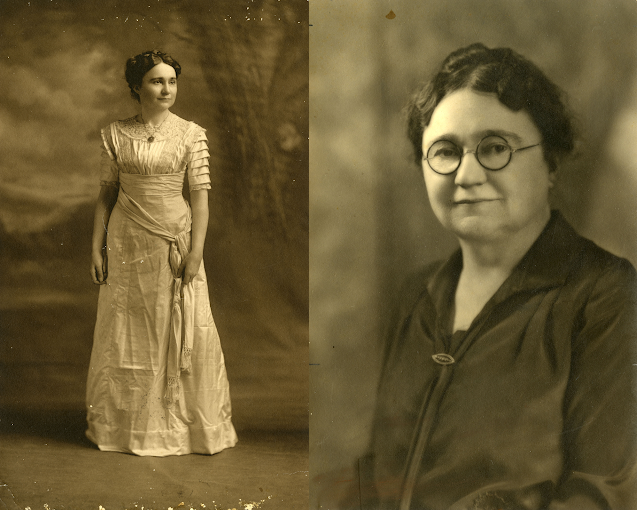“What kind of a response does seeing human suffering demand of us, whether the person is someone we know or a total stranger? I was struggling with that question when I read this line: Attention is the rarest and purest form of generosity.”
Filmmaker Julia Haslett’s voice emanated from the speaker system in Bryan Jr. Auditorium as her documentary, “An Encounter With Simone Weil,” started.
Eyes both young and old were fixed on the screen. The audience sat, watching the beginning of a film that illustrates the story of French philosopher, activist and mystic Weil (1909-1943) through the eyes of director Haslett. The film also follows the story of Haslett on her search to understand the meanings of compassion and suffering through the eyes of Weil.
Throughout the film, Weil’s life and Haslett’s become thematically meshed together. Haslett “came into the film grappling … with this central question: how do we respond to suffering near and far?” just as Weil had throughout her life.
Parts of Weil’s life open up to the audience through interviews with individuals who knew her. The seemingly endless dedication and passion Weil had for activism and philosophical exploration is laid out through photographs, 1930s archival footage and excerpts from her writing.
“One thing that really impressed me about the film was that (Haslett manages) to capture all the different aspects of Simone Weil’s life,” said Parveen Hasanali, assistant professor of religious studies.
In the film, Haslett gives the audience “a little taste of Simone Weil,” touching on Weil’s writings, religious experiences and activism, all influenced by Weil’s struggle with the question, “How do we respond to human suffering?”
“(Weil) wrote about so many different subjects like religion, history, astronomy, math and philosophy and she doesn’t have a coherent body of work so she can’t really be championed by a philosophy department or a religious department,” said Haslett.
In her writings, Weil poured out her views and opinions. In France, it was mostly her writings on her religious ideas that were most popular.
Aside from her religious writings, she also wrote of her political views. She was a self-identifying anarchist, fought in the Spanish Civil war and was part of the French Resistance.
Weil felt that the working class was treated poorly. In 1943, she passed away as a result of a fast to understand the suffering of citizens affected by the German occupation of France
During the film, not only does Haslett’s fascination and love for Weil become clear, but Haslett’s own struggle with suffering in her family comes to light.
Interspersed throughout the film is intimate footage of Haslett’s brother telling the story of his struggle with depression and the story of their father who committed suicide when Haslett and her brother were young.
Whether the windows into the director’s life and history are supplementary to Weil’s teachings and beliefs or vice versa, the two stories mix together and evolve into a single chronicle.
Haslett could not have chosen a better venue to present her film. Guilford is a writing intensive school and is home to multiple active religious groups, and many students support environmental and political activism such as the Green and Occupy movements.
As the film came to an end, the audience remained silent, still grappling with the depth, honesty and life of the film. There was only the gentle music of the credits and the unasked question for the audience: “How do we respond to human suffering?”






